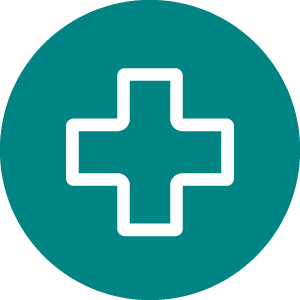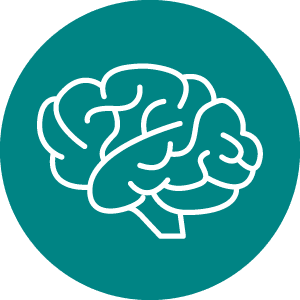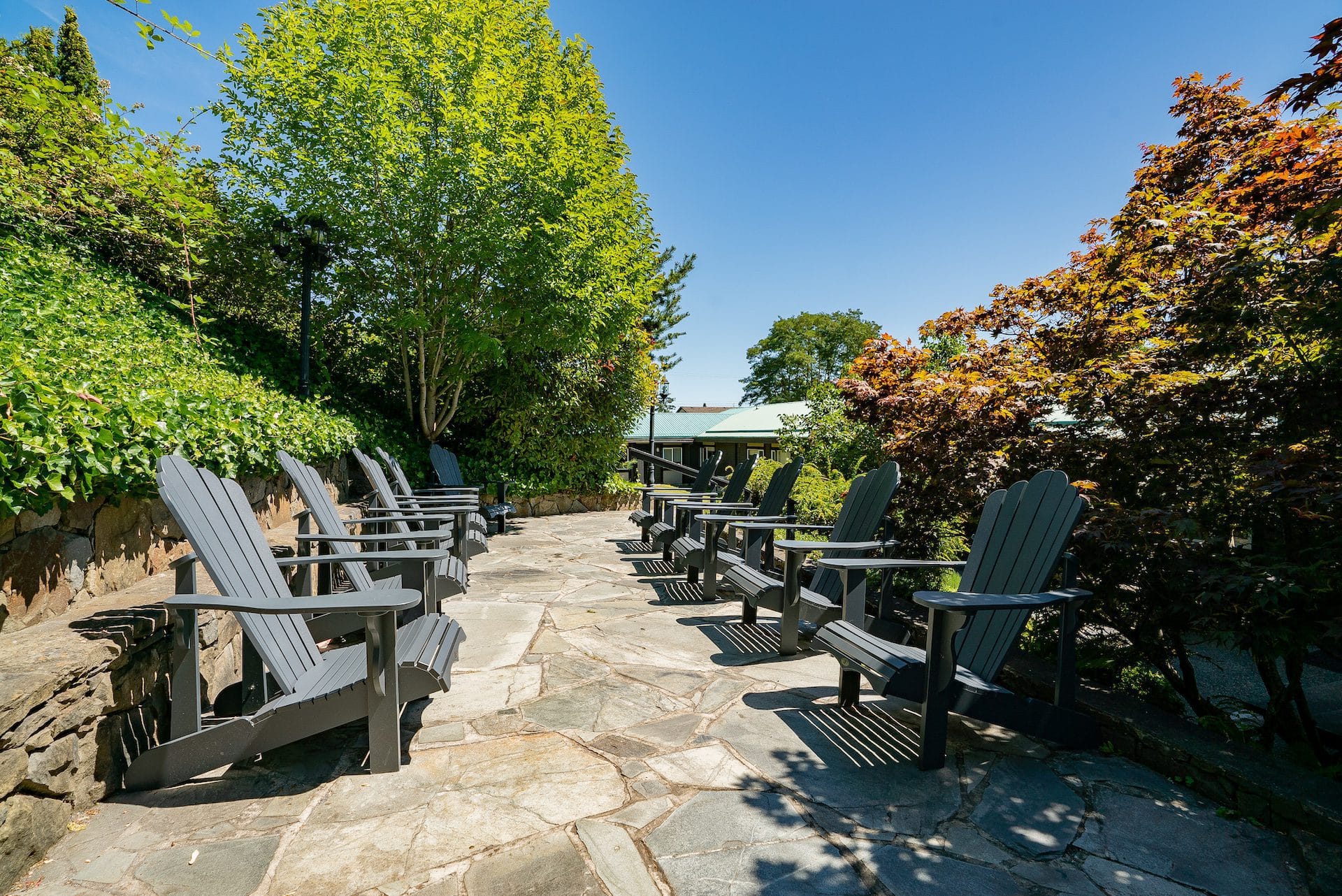Trauma & Psychological Injury Program
An inpatient PTSD treatment program in B.C. – exclusively for Military, Veterans, and First Responders
This program is designed for members of the Canadian Armed Forces, Veterans Affairs Canada, RCMP, healthcare professionals and any other First Responders as well as anyone covered under Presumptive Legislation for the treatment of PTSD and/or Operational Stress Injury (OSI).
When you begin your PTSD and OSI treatment program on EHN Guardians Nanaimo’s campus, you leave fear of judgement at the door and join a community committed to your recovery.
During your stay at EHN Guardians Nanaimo, you’ll receive support from medical specialists and fellow military members and first responders who understand what you’re going through. Our experienced counsellors, psychiatrists, physicians, and nurses provide the guidance and care to overcome trauma and give you the PTSD treatment you need.
Inclusion Criteria:
- Primary diagnosis related to operational stress injury (DND, VAC, RCMP, Police, Firefighters, Paramedics, any First Responders).
- Operational trauma must be present.
- No present addiction to substances. Those who are struggling with both trauma and addiction our Concurrent Trauma and Addiction Program for service members may be a better fit.

EHN Guardians Nanaimo’s Approach to Trauma and PTSD Treatment
This program consists of bio-psychosocial, spiritual, and environmental approaches. Our therapeutic approaches include Cognitive Behavioural Therapy (CBT), Dialectical Behavioural Therapy (DBT), Cognitive Processing Therapy (CPT), Somatic Therapy and Accelerated Resolution Therapy (ART). In addition to these therapies, we also provide Internal Family Systems (IFS) therapy, trauma-sensitive yoga, art therapy, therapeutic boxing, virtual reality, and sound therapy.
- Stabilization, grounding techniques, and self-regulation
- Specialized trauma-focused groups including psycho-education, Cognitive Processing Therapy, Cognitive Behavioral Therapy, symptoms management, trauma and emotional processing
- Regular PTSD/OSI group therapy as well as exposure and activation therapy
- Regular one-on-one sessions with a trauma certified clinician
- Comprehensive groups that focus on issues pertaining to trauma such as emotional regulation, negative core beliefs and community integration
- In-vivo exposure sessions to assist in community integration and symptom management
- Expressive Art Therapy, Trauma Sensitive Yoga, and Accelerated Resolution Therapy
- Sleep and personal hygiene sessions
- Somatic Body Movement Therapy, Internal Family Systems and Sensorimotor Therapy
- Forest bathing
- Therapeutic boxing sessions
- Narrative therapy sessions
- Discharge and transitioning home planning
A Trauma Program for Service Members that Provides Long-lasting Results
The Trauma and Psychological Injury program at EHN Guardians Nanaimo is designed with the following goals in mind for clients:

Stabilize trauma symptoms and establish a sense of safety

Make sense of traumatic experiences and their impact on life

Learn how to manage trauma symptoms to support ongoing therapy following therapy and improve quality of life

Integrate into a long-term trauma peer support network for ongoing recovery
About the Team
All trauma counsellors are master’s level practitioners who value professionalism, integrity, and the well-being of the clients that arrive for treatment. The counsellors have their own daily routine which includes meditation, mindfulness, and a profound sense of self-awareness. Our aim is to help our clients recover from the ongoing effects of their traumatic experiences, and help them to rediscover their sense of self.
A Day at EHN Guardians Nanaimo
The recovery journey at EHN Guardians Nanaimo takes a holistic approach, offering support and guidance in every aspect of a client’s life needed to foster growth and healing. While no two stays at our Guardians treatment centres are the same, here is what a typical day might look like in our Trauma and Psychological Injury Program for Military, Veterans, and First Responders.
Morning
Before attending an educational lecture about distress tolerance in our Ferguson Building, you’ll start your day with a healthy, freshly-prepared breakfast. There will also be time for you to set your intentions with some self reflection and a walk on our lush grounds.
Afternoon
You’ll kick off the afternoon with a delicious lunch. Then you’ll attend a lecture about how the mind-body connection affects trauma recovery, or a one-on-one counselling session to talk through the workplace experiences that led to your PTSD.
Evening
In the evening you’ll participate in specialized, trauma-centred peer support groups focused on symptoms management, emotional processing, or returning to work. You’ll get moving before dinner with a visit to the gym or by participating in a group fitness class, like circuit training, yoga, or somatic movement.

About EHN Guardians Nanaimo
Our facility is situated on in a quiet setting away from the city. Having a separate, self-contained space allows for the development of a supportive community amongst clients dealing with similar issues and experiences. This space fosters an environment of growth and bonding between clients. This milieu enables clients to become emotionally vulnerable, and open without the fear of being judged.
The environment is strategically designed and managed to foster an atmosphere of calmness and relaxation. The environment also encourages self-regulation, grounding, and sleep hygiene amongst the client population. Comfortable, private accommodations allow for alone-time when needed and desired, while equally comfortable common areas are conducive to communal leisure activities, meals, and informal interactions.
The building provides a safe refuge for clients when they are triggered and/or emotionally dysregulated. Dedicated trauma staff are in the building 24/7. All clinicians’ offices are located immediately adjacent to the clients’ accommodations and common areas for ready accessibility. In addition to the EHN Guardians Nanaimo building, our patients also have access to many of the facilties of EHN Edgewood Nanaimo since both locations are on the same campus.
Explore the EHN Edgewood Nanaimo Campus